The findings of January’s Office of Fair Trading (OFT) report on the UK road fuel market have been seriously undermined by the revised market share figures for supermarkets released by the government (see panel). They show that the supermarkets have a far higher share of the UK road fuels market than was previously admitted.
The revised total for the supermarket’s share of petrol and diesel sees an increase to 46.5% in 2012. This compares with 39% for 2012, which was quoted in the OFT report. And, with the figures being revised all the way back to 2008, the trend it reveals is crucial. While the previous figures suggested the supermarket share had held at a fairly steady figure, it is now clear the supermarkets’ share of the market has been steadily growing throughout this period. It was the now discredited figures which allowed the OFT to say that the supermarket’s share had remained broadly stable and to give a clean bill of health to the way the market operates.
In addition to making a mockery of the OFT report, the flawed data has also called into question the government’s cosy reassurances about the security of the UK’s fuel supplies. The figure of 39% was also given as the supermarket’s market share for 2011 in a report by Deloitte Study of the UK Petroleum Retail Market. This report, commissioned and published last year by the Department of Energy & Climate Change (DECC), was used by DECC as proof that in the event of a crisis there were sufficient stocks in the UK fuel sector.
However, if supermarkets have a far greater market share than previously thought, then that also means there are far less reserves in the system, because supermarkets operate on a ’just in time’ delivery system meaning they hold far less stock than an independent petrol filling station. And this situation is exacerbated by the intense financial pressure on independents which means they are less able to support larger stock holdings.
PRA chairman Brian Madderson comments: "Five thousand forecourts have closed since 2000, another 175 closed last year and the independent retailers are continuing to get massacred by the aggressive discounting and below-cost sales tactics of supermarkets.
"There was considerable complacency in the Deloitte and OFT reports which assumed that supermarket volumes were levelling off and so the market was steady. We warned government that the 2012 Christie study indicated that supermarkets are trying to open up to 50 new forecourts for each of the next four years."
"The data revision indicates that the average supermarket sells more than 12 million litres per year while independents average 1.8 million litres. Thus every new-to-industry opening by a supermarket could suck up the entire fuel volume of six independent retailers in the local area. This is bad for competition, bad for consumer choice, bad for jobs at local family firms and bad for rural communities."
It is clear that this mis-reporting of the figures has lulled the government into a false sense of security, and masked the fact that the growth of the supermarket sector has done significant damage to the independent sector, but the shock of this sudden readjustment could provide an opportunity to finally get some government action.
DECC officials certainly appear receptive to the PRA, now that what the Association has been saying for a long time has been more than vindicated. At a meeting with the PRA to explain how the error in the reporting occurred, they were open to suggestions about ways to improve their reporting on the market. The officials will now be holding talks with the supermarkets before coming back to the PRA with suggestions on how to move forward with the reporting.
With the supermarkets continuing to open new sites and using cross-subsidies to sell at prices well below anything the independents could contemplate, independents will continue to find it hard to survive. It is clear there are issues of resilience of supply and consumer choice which need to be addressed using more robust data than the government has relied on in the past.
Brian Madderson
Using data supplied by Experian Catalist, which had been interpreted from the government’s published statistics, both the Deloitte Study (December 2012) commissioned by the Department of Energy & Climate Change (DECC) and the Office for Fair Trading (OFT) report (January 2013) quoted the supermarkets’ share of the UK Retail Fuel market at 39% for 2011. The Deloitte report noted that the supermarkets’ share had been relatively constant over recent years.
With no warning, DECC has very recently restated its sales figures for supermarket fuel volumes retrospectively back to 2008. This seems to have only been picked up by PRA’s specialist advisor. The supermarket’s share of the UK retail fuel market is now stated at 46.5% for 2012, revealing an understatement by 5% for last year. More concerning, this data shows a year-on-year increase in the supermarkets’ share from 2007 with latest figures for Q1/13 trending at over 47%.
The updated analysis shows a hitherto unsuspected swing of 2.75bn litres to supermarkets. This increases their average throughput to over 12mlpa, while reducing independents’ volumes from 2.2mlpa (Experian Catalist) to around 1.8mlpa, confirming an even more serious squeeze on independents’ volumes and margins than previously recognised.
PRA capitalised on DECC’s restated figures through national media (Daily Telegraph Business Section: August 5) and further ministerial lobbying. This aimed to highlight our criticism of the misleading conclusions of the Deloitte Study into resilience of the UK Retail Fuels Network and the OFT report concerning the UK petrol and diesel markets.
Our special advisor joined PRA for a meeting with the head of gas and oil statistics at DECC, who advised that their data was sourced from monthly returns by the ’big four’ supermarkets. Their internal investigation found that at least one company had been providing flawed statistics for some time.
The awareness and understanding of DECC’s restated figures has enabled the PRA to re-invigorate discussions with government ministers, especially DECC, regarding the ’flawed’ nature of recent studies. This makes our lobbying for a ’more level playing field’ for independently owned sites even more urgent.























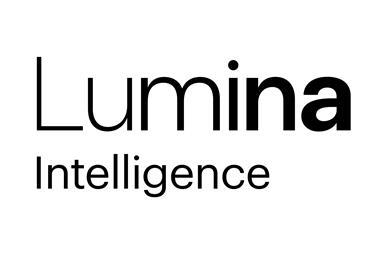
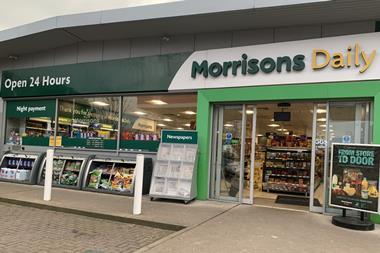
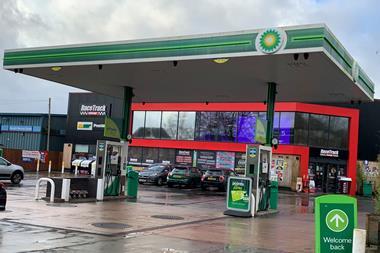

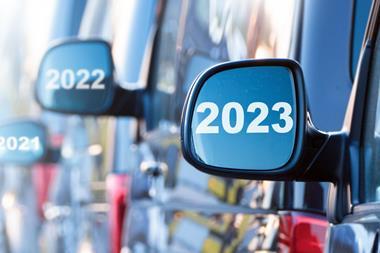
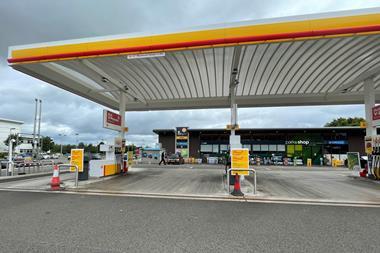
No comments yet